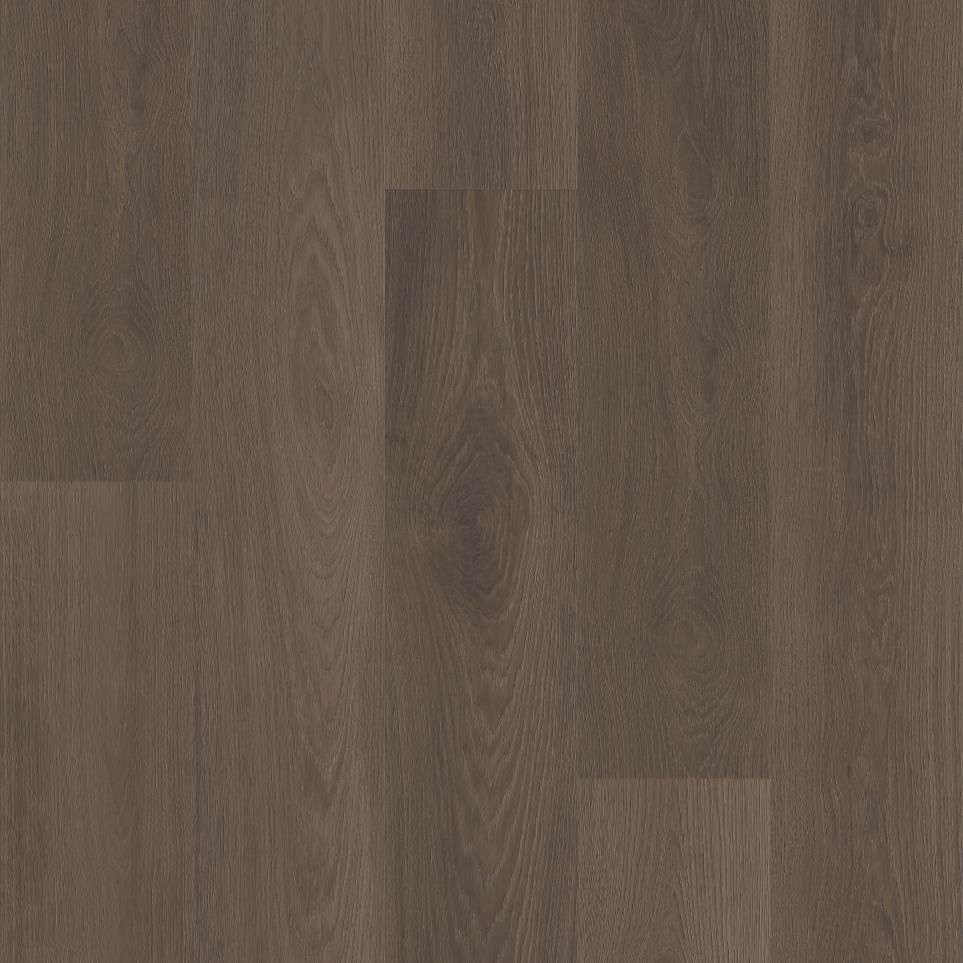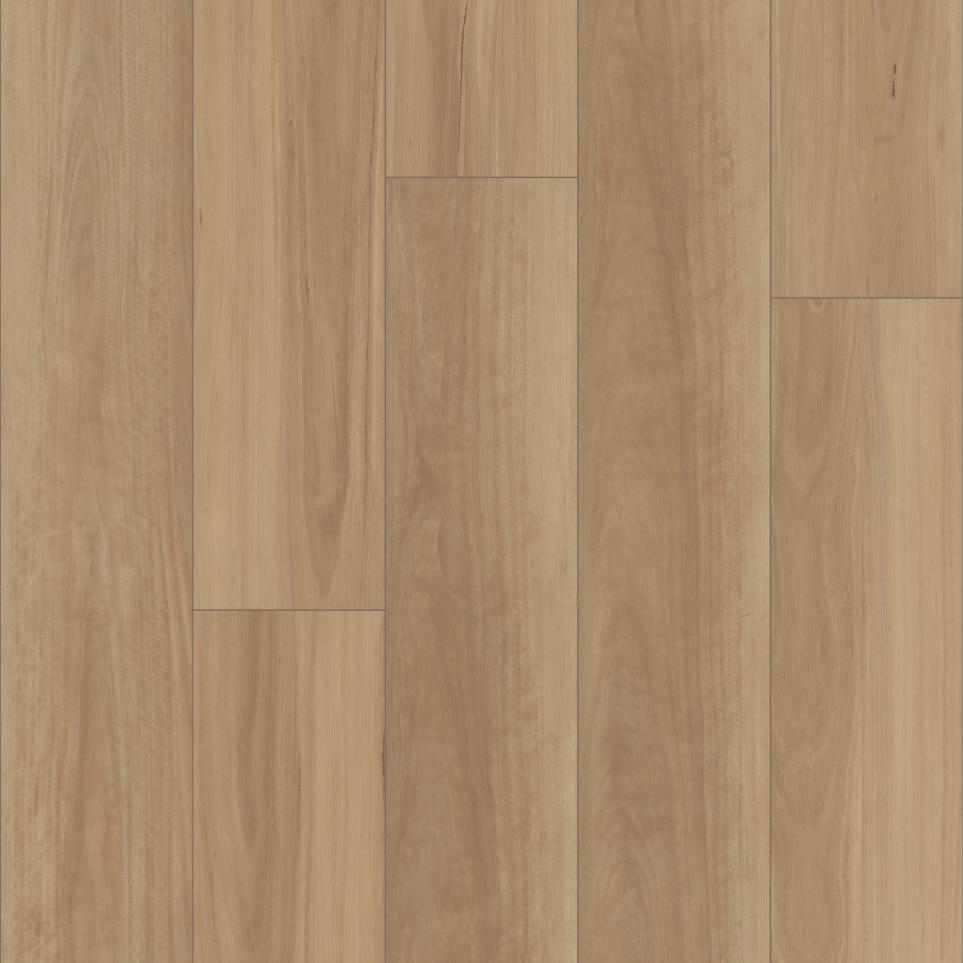
Vinyl Tile Flooring
Vinyl provides a versatile look in an affordable, water-resistant material that's easy to install and closely resembles wood, ceramic, or stone.

Vinyl provides a versatile look in an affordable, water-resistant material that's easy to install and closely resembles wood, ceramic, or stone.

About Spirit
by Room by Room
1 Color
Durable, Easy Care, H2O, Pet-Friendly, Radiant Heat
$8.46
per sq. ft.

Afton Mountain
by Room by Room
10 Colors
Durable, Easy Care, H2O, Pet-Friendly, Radiant Heat
$9.08
per sq. ft.

Our designers share tips and top trends for every season. Discover your next home project with the help of our blog.

Get up to six samples delivered to your door.

You just bought a house for your growing family and now you're on the hunt for a durable floor. What floors should you choose? Vinyl flooring gives homeowners the ability to enjoy classic, versatile looks in an affordable, water-resistant material that's easy to install. Vinyl floor tiles closely resemble popular materials like wood, ceramic tile, and stone, all of which usually come with a higher price tag and their own disadvantages. With modern digital design technology, you can choose a vinyl flooring option with a natural-looking texture and depth that's sure to stun on every level of your home.
Though vinyl tile flooring may look like authentic marble, stone, or hardwood at first glance, it actually consists of manmade materials that include a backing layer, a solid or fusion core, image layer, and top wear layer that can vary in thickness. You can choose from 9-inch, 12-inch, and 18-inch square floor vinyl tiles or cut them into custom shapes as needed. They're an excellent option if you're especially interested in vinyl bathroom tiles or kitchen vinyl floor tiles.
Within the category of vinyl tile flooring, you have two worthwhile and waterproof core constructions to explore:
On the hunt for waterproof tile for your family lake house or modern new build? You'll be glad to know that modern technology provides a stunning variety of designs and styles available as vinyl floor tiles. Here's a breakdown of three common looks.
When you’re comparing vinyl tile options, consider your lifestyle needs. If you have a busy household with lots of people coming in and out, you’ll likely want vinyl with a thicker wear layer. This surface coating, which helps resist dirt and stains, can vary, but our flooring experts can direct you to the vinyl floor tiles that best suit your needs.
Fortunately, if you choose floor vinyl tiles, they don't require much maintenance, just regular sweeping and mopping to remove any dirt or debris. Though it's a resilient material, vinyl can be easily scratched or gouged, so protect your floors with furniture pads when you’re moving. But, if the worst-case scenario happens and a tile does get damaged, you can easily replace a tile without having to redo the whole floor.
If you're spending good money on a high-quality floor, you want to be sure you're getting the maximum life from those vinyl tiles. The longevity of your new vinyl tile flooring will depend on several factors, including:
We also recommend clarifying what kinds of warranty protection come with your luxury vinyl tile selection. Having the right coverage will help get the most bang for your buck and give you peace of mind for years to come.
We know it’s tempting to try DIY, and that’s one of the reasons that self-adhesive vinyl tiles dominate the market. While it might seem easy to transform a space quickly without professional help, peel-and-stick tiles can be hard to reposition and may curl up after installation. You’re better off sticking to expert installers who have the skills and experience to adhere vinyl tiles to the subfloor seamlessly. This option can help prevent eventual tile shifting or curling, which you’ll thank yourself for later.
Luxury vinyl tile flooring, on the other hand, uses tongue-and-groove edging to lock planks in place. The difficulty with this interlocking installation comes if you need to disassemble to replace damaged planks.
Whichever vinyl flooring type you choose, you're better off relying on pro installers to ensure the process is completed properly so your warranty remains intact and your flooring has a long, problem-free life.
What makes vinyl tile flooring worth your consideration?
Are there disadvantages of vinyl tile that outweigh the good? It depends.
Vinyl tile flooring comes in squares of various sizes and often resembles high-end stone, tile, or wood. Vinyl plank flooring mimics the shape, texture, and color patterns of solid hardwood flooring. Engineered to be a realistic and waterproof alternative to hardwood, vinyl planks are available in narrow, medium, and wide plank widths, so you have plenty of options to fit your design aesthetic.
Yes, vinyl floor tiles are a great choice if you're in the market for highly durable flooring that works well throughout the home, including bathrooms, kitchens, and basements.
Yes! Vinyl tile flooring is waterproof, though the quality of its installation can impact the level of water resistance.
Luxury vinyl tile, or LVT, is a type of flooring that’s made up of layers of vinyl, a realistic photographic layer, and a highly durable protective layer.